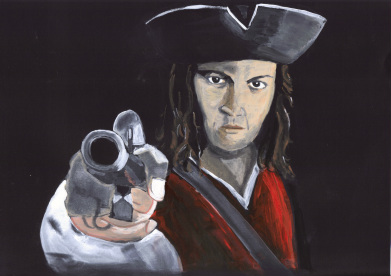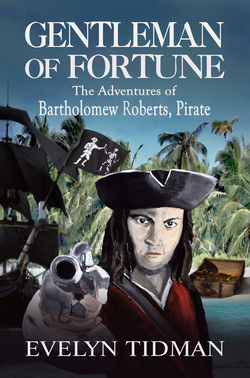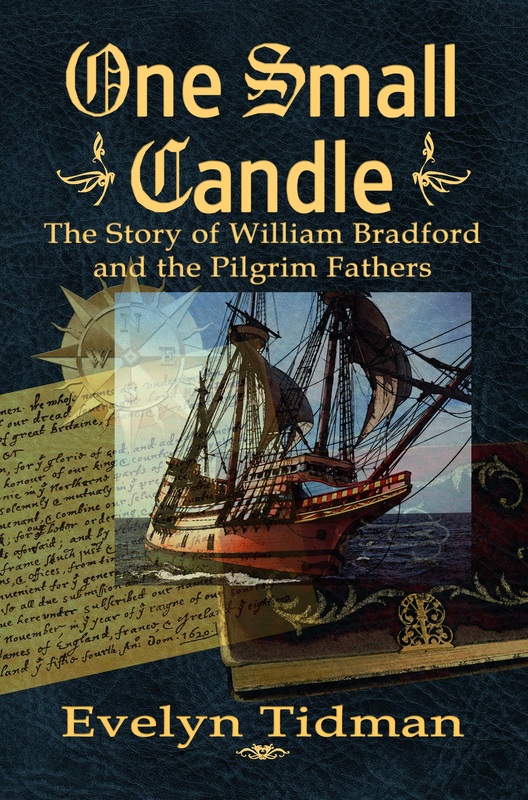
Yet despite the epithet Black Bart, Roberts does not appear to have been of the calibre of Edward Teach (Blackbeard) who by all accounts was a dreadful bear of a man.
Bartholomew Roberts was born in South Wales, probably brought up Non-Conformist and went to sea when he was fourteen. Like many sailors, he was probably involved in the war of the Spanish succession, but when that war ended many who had been employed by his Majesty's navy, suddenly found themselves redundant. Some sailors found other employment or starved, but a few found work on merchant ships. Which meant working the slavers. And all the sailors loathed working slavers, not only for the stench, but also for the misery it entailed. So when a ship was captured by pirates, and they were invited (not forced) to join, they readily agreed to better conditions, less work, more time off, and better pay.
Roberts was different. He was forced to join Howell Davis's crew. Why? Because he was one of a rare breed - a navigator and they were desperate for a good navigator. But six weeks later when Davis died, Roberts was voted in to the position of captain which he accepted. Thus began a career which took the pirate company from fabulous riches to nearly dying of thirst, to the Caribbean, New England, and the slave coasts of West Africa.
So what was it that made Roberts so successful?
In the first place, he was well loved by his men. He was a first rate strategist, commander of men, navigator (as we have said) and he had the ability to inspire his men to great feats. He was also oddly, principled. In a situation where the majority of his company were drunken louts, he was tea-total, refused to allow his men to torture and kill prisoners, and when a ship was captured with slaves on board, he allowed those men who wished to join the company, and other slaves he set ashore where they had little chance of being re-captured. A woman prisoner had a guard to ensure that she was not raped, and this was written into the company's articles (or laws). He forced no man to join them with the possible exception of one Harry Glasby, another navigator and sailing master.
Altogether, Roberts was an enigma, an ordinary man turned pirate, a man with principles among a lawless crew. At one stage he commanded 250 men in three ships. So successful at relieving ships of their cargo was he that the Admiralty felt it necessary to send out two ships under the command of Chaloner Ogle to apprehend him.
Roberts was undoubtedly a rogue. But a handsome, daring, clever rogue. A swashbuckling hero in all his glory.

Available:
US
UK
CANADA
AUSTRALIA
For other countries see Amazon
5.0 out of 5 stars History, adventure, action, suspense, romance - this book has it all! Loved it!, 4 Jan 2014
By
Joan P. Ashley "J.P. Lane" (Gainesville, FL, USA) - See all my reviews
(REAL NAME)
This review is from: GENTLEMAN OF FORTUNE, The Adventures of Bartholomew Roberts - Pirate (Kindle Edition)
Evelyn Tidman has done a superb job of bringing the adventures of the infamous pirate Bartholomew Roberts to life in her novel, `Gentlemen of Fortune' - one of my favorite reads of 2013.
Ms. Tidman's Roberts is a rogue you can't help falling in love with and although I know a bit about Roberts and knew the inevitable would happen, I found myself wishing it wouldn't; wishing that Roberts and the love of his life, the beautiful Portuguese lady, Lucia, would live happily ever after.
But such was not the lot of pirates and, with the exception of the love story which had me on the edge of my seat as much as anything else in this book, Ms. Tidman stays close to the historical facts. I highly recommend this book to anyone who enjoys good historical fiction, or anyone who just loves a great swashbuckling tale that keeps you turning the pages.
To see review click HERE.
 RSS Feed
RSS Feed



